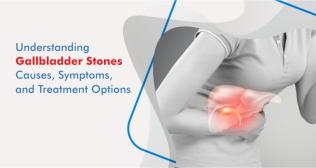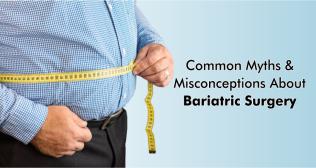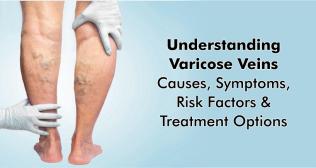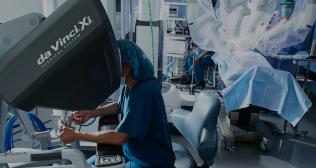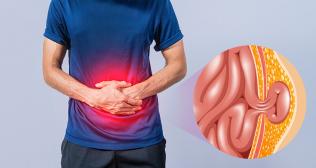
Demystifying Hernias: Types and Root Causes
Hernias, a common medical issue, occur when an organ protrudes through weakened muscle or tissue. Knowing the different types and underlying causes is crucial for early detection and effective treatment. Let’s explore the basics of hernias.
Types of Hernias:
There are majorly 2 types of hernias based on the location and the complexity.
Based on location:
- External Hernia: these are the types of hernias that are visible or are present outside the body like, Epigastric Hernia, Inguinal Hernia, Umbilical Hernia and Incisional Hernia.
- Internal Hernia: these are the type of hernias that are not visible and are present inside the body like, Hiatus Hernia, Diaphragm Hernia, Obturator Hernia and Para duodena Hernia
Based on Complexity:
- Uncomplicated: these types of hernias can be reduced manually into the abdominal cavity without surgery
- Complicated: these types of hernias are irreducible and involves complications such as obstruction, strangulation, or incarceration, requiring urgent medical attention and often surgical interventions.
Inguinal Hernia: Most prevalent, occurring in the groin area when part of the intestine pushes through the abdominal wall.
Hiatal Hernia: A portion of the stomach protrudes into the chest cavity through the diaphragm, causing acid reflux and discomfort.
Incisional Hernia: Arises at a previous surgical incision site due to weakened abdominal muscles, allowing tissue to bulge.
Femoral Hernia: Similar to inguinal hernias but appearing lower in the groin, through the femoral canal.
Umbilical Hernia: Presents as a bulge near the navel, caused by abdominal muscle weakness.
Causes of Hernias:
- Muscle Weakness: Whether congenital due to aging or due to accidental injury or surgery, weakened abdominal muscles are prime contributors to hernias.
- Straining: Heavy lifting, chronic coughing, straining at passage of urine or persistent straining during bowel movements (chronic constipation) can strain abdominal muscles, leading to hernias. Sportsmen can also develop hernias due to chronic muscle straining called athletes hernia.
- Obesity: Excess weight exerts pressure on the abdomen, increasing hernia risk.
- Pregnancy: The expanding uterus during pregnancy can weaken abdominal muscles, predisposing to hernias.
- Genetic Disorders: Some genetic disorders, although rare produce extensive/localized hernias.
Understanding hernia types and causes empowers individuals to recognize symptoms early and seek appropriate medical attention. Prompt diagnosis and tailored treatment plans can alleviate discomfort and prevent complications. Consulting a healthcare professional for evaluation and management guidance is paramount for individuals experiencing hernia-related symptoms. With awareness and proactive measures, hernias can be effectively managed, restoring comfort and quality of life.
Categories
Clear allMeet the doctor

- General Surgery | Robotic Surgery | General Surgery | General and Laparoscopic Surgery | General and Minimal Access Surgery
- Gastroenterology and Hepatobiliary Sciences | Metabolic & Bariatric Surgery
-
25 Years
-
1200









